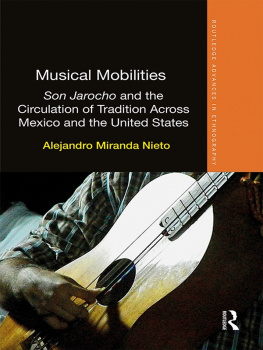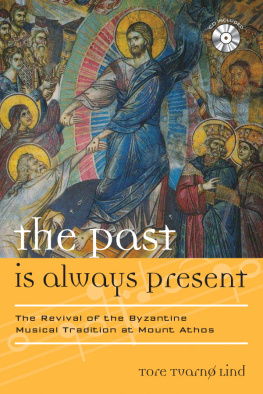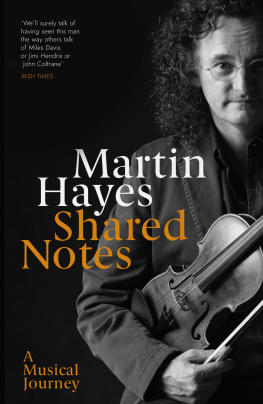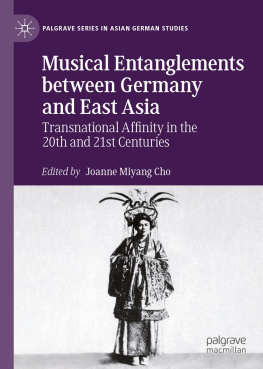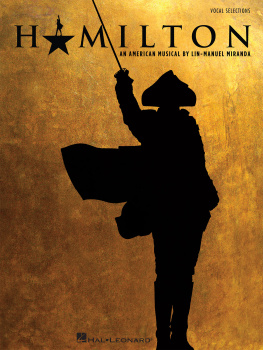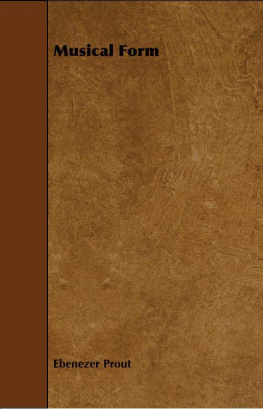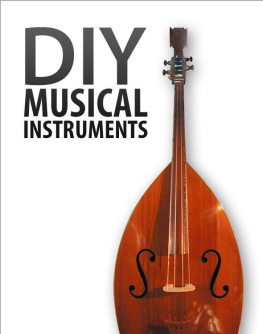Musical Mobilities
How do musical practices move? Though technology increasingly plays a great part in establishing different degrees of spatial proximity, music making still seems to be tied to specific geographical locations, cultures or communities. The identity of musical traditions, in particular, is often demarcated by a presumed degree of uniformity among its practitioners.
Musical Mobilities analyses how a musical tradition moves literally and metaphorically: the ways in which people, objects and information travel across geographical locations, just as practices as recognisable entities circulate along with meanings, competencies and embodied dispositions. This unique ethnography focuses on son jarocho, a musical practice originating in southeast Mexico that is currently reproduced through transnational connections, particularly in the United States. Paradoxically, the transformation of son jarocho has been a noticeable outcome of its recuperation and preservation. Thus, in describing the moves of this musical tradition, this book provides a theoretical and empirical perspective on the dissonances between cultural continuity and change. The first ethnographic work to explicitly address the continuity and transformation of a musical practice through the analysis of multiple forms of mobility and fixity, Musical Mobilities will appeal to both undergraduate and postgraduate students, and to postdoctoral researchers interested in fields such as Latin American and Hispanic Studies, South American Music, Ethnomusicology, Cultural Studies and Sociology of Culture.
Alejandro Miranda Nieto is a Postdoctoral Fellow at the Department of Sociology and Social Research at the University of Trento, Italy.
Routledge Advances in Ethnography
Edited by Dick Hobbs, University of Essex and Les Back, Goldsmiths College, University of London
Ethnography is a celebrated, if contested, research methodology that offers unprecedented access to peoples intimate lives, their often hidden social worlds and the meanings they attach to these. The intensity of ethnographic fieldwork often makes considerable personal and emotional demands on the researcher, while the final product is a vivid human document with personal resonance impossible to recreate by the application of any other social science methodology. This series aims to highlight the best, most innovative ethnographic work available from both new and established scholars.
15 Young Homeless People and Urban Space
Fixed in Mobility
Emma Jackson
16 Policing the Olympics
London 2012
Gary Armstrong, Richard Giulianotti and Dick Hobbs
17 Mischief, Morality and Mobs
Essays in Honor of Geoffrey Pearson
Dick Hobbs
18 Hip Hop Versus Rap
The Politics of Droppin Knowledge
Patrick Turner
19 Surviving Gangs, Violence and Racism in Cape Town
Ghetto Chameleons
Marie Rosenkrantz Lindegaard
20 Musical Mobilities
Son Jarocho and the Circulation of Tradition Across Mexico and the United States
Alejandro Miranda Nieto
First published 2018
by Routledge
2 Park Square, Milton Park, Abingdon, Oxon OX14 4RN
and by Routledge
711 Third Avenue, New York, NY 10017
Routledge is an imprint of the Taylor & Francis Group, an informa business
2018 Alejandro Miranda Nieto
The right of Alejandro Miranda Nieto to be identified as author of this work has been asserted by him in accordance with sections 77 and 78 of the Copyright, Designs and Patents Act 1988.
All rights reserved. No part of this book may be reprinted or reproduced or utilised in any form or by any electronic, mechanical, or other means, now known or hereafter invented, including photocopying and recording, or in any information storage or retrieval system, without permission in writing from the publishers.
Trademark notice: Product or corporate names may be trademarks or registered trademarks, and are used only for identification and explanation without intent to infringe.
British Library Cataloguing in Publication Data
A catalogue record for this book is available from the British Library
Library of Congress Cataloging in Publication Data
A catalog record for this book has been requested
ISBN: 978-1-138-71405-2 (hbk)
ISBN: 978-1-315-23115-0 (ebk)
Figures
This book has been possible thanks to a great deal of support. Many jaraneros have generously shared their knowledge and passion for son jarocho, turning my apprenticeship into a fascinating journey. I offer my gratitude and respect to you and the communities that cultivate fandango. I am also very grateful to Professor Dick Hobbs and Professor Les Back for their guidance and astute comments during the production of this book. Thanks also to the Routledge team for their dedication in seeing this project through.
I would like to thank Professor David Rowe and Dr Gabriela Coronado Susan for their generous critique. Their close reading and detailed feedback during my PhD were gifts that paved the way for this monograph. My gratitude also goes to Professor Greg Noble for his advice and support throughout my stay in Australia. His dedication and interest in this project was central for completing this book. Thank you to the Institute for Culture and Society at Western Sydney University for its generous financial support that allowed me to conduct fieldwork in multiple locations. I am also grateful to my friends and colleagues in Mexico, Australia, the US and other corners of the world who have helped me to think about and experience music making. I owe my deepest gratitude to my wife, mother, sister and many other members of my family for their advice, tolerance and love. They helped me to trust in this process and to believe that it is possible to become a cultural researcher.
Parts of with a musical practice: Existential mobility and transnational labour, in Mobile Culture Studies. The Journal 2: 1530. This article is reproduced with permission.
Music, circulation and performance
People, objects and information seem to move across territories faster and further than ever before. As technical systems increasingly connect people and establish different degrees of spatial proximity, music making is partly accomplished through the mobilities of practitioners, objects, skills and meanings across locations. Yet, music making is seemingly tied to specific geographical place, culture or group of people. The identity of musical traditions, in particular, is often demarcated by its relationship with place and a presumed degree of uniformity among its practitioners. How do musical practices move? Music making, among a myriad of other cultural practices, moves literally and metaphorically: practitioners, material entities and information travel across geographical locations, just as practices as recognisable entities circulate along with meanings, competencies and embodied dispositions.
While music and other practices evidently circulate throughout social and geographical spaces, these mobilities appear unrelated to the movement produced through their enactment. Performing a given practice is a located phenomenon that unfolds as several elements become articulated and attuned with one another. The argument of this book is that to understand how practices themselves become mobile it is necessary to investigate the links between their circulation as recognisable entities and the movement produced during performances. This book examines the circulation of ways of making and experiencing music across geographically dispersed communities of practitioners. It specifically looks into the ways in which a musical tradition is enacted in different locations, and how these enactments are embedded in wider forms of circulation of a socially recognisable practice.

